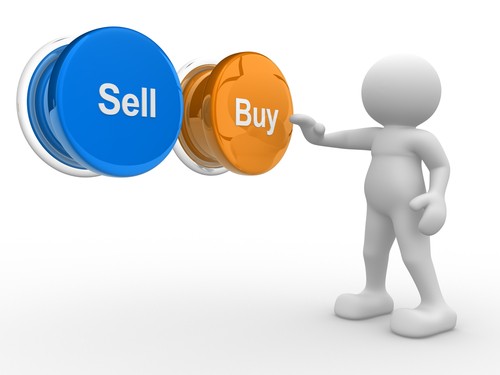Should You Go to Forex Trading School
Post on: 24 Апрель, 2015 No Comment

Forex offers a pretty exciting method of making money online for the interested trader. Within moments, you can turn a profit off pretty interesting assets – currencies – and do so without really understanding the various political and economic factors that are in play with each currency (if you subscribe to technical analysis, that is).
Forex is not without its challenges, though, and becoming a successful forex trader – most traders don’t turn a profit – means having the knowledge, wisdom, and expertise necessary to enter the market, grab profit, and get it safely.
Because of this, forex trading schools have emerged that promise to educate and train you in all things forex – from understanding the market itself and how currencies work to actually discovering and implementing strategies and tactics using a variety of tools and technologies.
Is forex trading school worth your time? And what kind of schools are there? I’ll address those questions and more in this article.
The Basics: Why Going to School Might Help
As mentioned, trading forex well isn’t as easy as opening an account and clicking a few buttons. There is a lot of information to know, and you will need to have more than a passing knowledge of several major topics before you dive into the deep end and trade.
True, a lot of what makes a successful forex trader can be learned through practice with a forex demo account. I think you should always try your hand first with demo accounts before trading anything, even using demo accounts whenever you try a new strategy.
You have to learn first, though, and a forex trading school might help.
The types of trading schools out there vary. Some offer free resources; these are generally online trading platforms that are using education as a way to attract potential customers. This free material can be very useful and is great for a beginner on a budget.
The more advanced techniques and strategies, though, you’ll probably have to pay for. Some come with their own proprietary systems and tools; others simply provide information. Either way, some subscription services are more akin to one-on-one instruction than content for the masses.
Going Back to School
How do you get started? How do you find the best school?

You have to determine what you’re looking for. Are you searching for beginning instruction that will get you up to speed on forex trading basics and help you start to master the process and get the fundamentals down pat? Or, are you looking for systems and techniques and programs that will help you with advanced strategies and – in some cases – even do the trading for you?
Also, some courses are just static website courses; others are delivered in a series of videos. I really like videos, personally; I think some aspects of forex trading are grasped better when they are shown visually and dynamically, as with a video.
To find the best forex trading school, first determine if you’re even willing to spend money on your forex education or not. If you are, then you have a lot more options available to you. If you’re not, then you’ll be limited to free education – which is still very valuable, especially for a beginner who just wants to learn about forex and see if it is something worth pursuing.
Once you make that decision, browse through the various courses out there as you figure out your level of interest. What do you want to accomplish with your forex trading? At this stage, think of how much time you have to commit to trading. That often is the biggest deciding factor in how far a person’s forex trading experience will go.
Following that, look for schools that appear to be reputable. Consult online reviews for hints and guidance. Look at the provider itself; if it is a company that plugs its products every two sentences, you probably won’t get much in the way of a quality education. Some providers use articles and other “educational” resources as thinly-disguised promotions and advertisements for their software, or paid courses, or other products and services. Be wary; there are quality providers who don’t try to sell you every chance they get.
As you participate in a course – and I cannot stress this enough – open up a demo trading account. It doesn’t matter where, as long as you have one. Trading and practicing – for free, without risk – is really the only way you’ll ever become proficient at forex trading. No amount of education can make up for real, live practice. So, as you learn, apply your newfound knowledge with a demo account and stay ahead of the curve.
Other popular related pages you may like:














